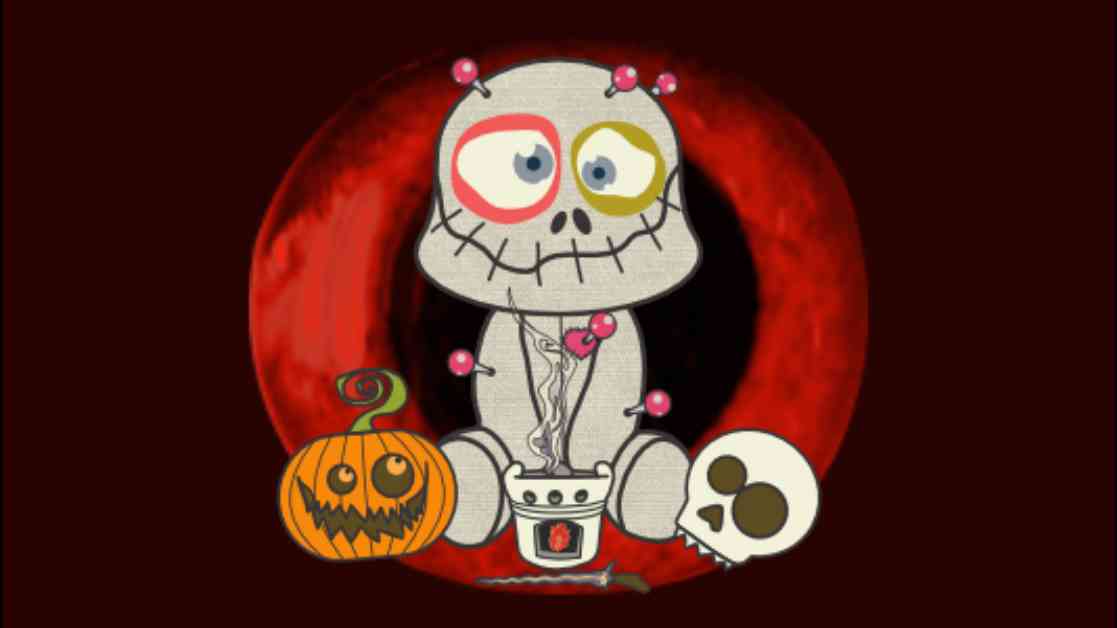**Halloween vs Malam Satu Suro: Origins and Traditions Explained**
In the realm of spooky celebrations, two distinct holidays stand out: Halloween and Malam Satu Suro. While Halloween is widely celebrated in Western countries with costumes, candy, and haunted houses, Malam Satu Suro, observed in Indonesia, carries a more sinister reputation of being a night filled with supernatural occurrences and ghostly encounters.
**The Origins of Halloween and Malam Satu Suro**
Halloween, originating from the ancient Celtic festival of Samhain, marked the end of the harvest season and the beginning of winter. It was believed that on the night of October 31st, the boundary between the living and the dead blurred, allowing spirits to roam the earth. To ward off these spirits, people would wear costumes and light bonfires.
In contrast, Malam Satu Suro, which falls on the Islamic New Year according to the Javanese calendar, is a night shrouded in mystery and superstition. It is believed that on this night, the gates of the supernatural realm open, and ghosts, demons, and other supernatural beings roam freely. People often stay indoors, avoiding any activities that may attract these malevolent entities.
**Traditions of Halloween and Malam Satu Suro**
Halloween is known for its festive traditions, such as trick-or-treating, carving pumpkins, and attending costume parties. Children dress up in costumes ranging from superheroes to ghosts, going door-to-door asking for treats. Haunted houses and corn mazes add to the spooky atmosphere, creating a sense of thrill and excitement.
On the other hand, Malam Satu Suro is a night of caution and reflection for many Indonesians. Some people perform rituals to appease the spirits, while others avoid any activities that may anger or attract them. It is a time to honor ancestors and seek protection from the supernatural forces that are said to be at their strongest on this night.
**The Cultural Significance of Halloween and Malam Satu Suro**
While Halloween is often associated with fun and festivity in Western cultures, Malam Satu Suro carries a more somber tone in Indonesia. The fear of encountering ghosts and other supernatural beings is deeply ingrained in the cultural beliefs of many Indonesians, shaping the way they approach this night.
Despite their differences, both Halloween and Malam Satu Suro highlight the universal fascination with the unknown and the supernatural. Whether it’s dressing up in costumes or avoiding certain activities out of fear, these traditions reflect our innate desire to connect with the spiritual world and navigate the mysteries that lie beyond our understanding.
As we delve into the origins and traditions of Halloween and Malam Satu Suro, we are reminded of the rich tapestry of cultural beliefs and practices that shape our world. Whether we embrace the festivities of Halloween or approach Malam Satu Suro with caution, these celebrations offer a glimpse into the diverse ways in which people around the world honor their past, confront their fears, and seek connection with the spiritual realm.






















